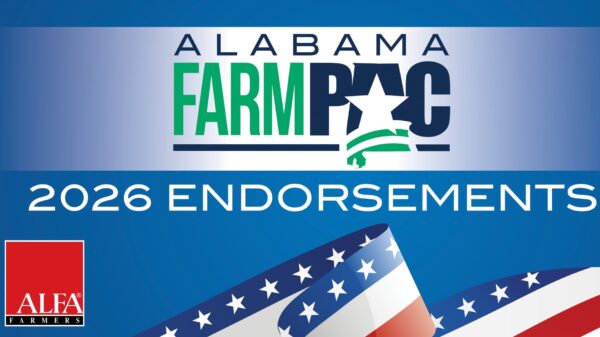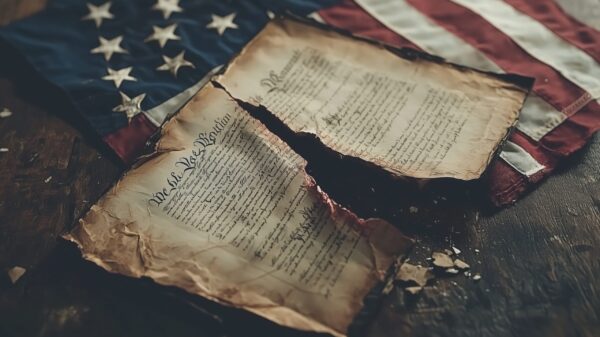By Bill Britt
Alabama Political Reporter
MONTGOMERY—A packed room on the third floor of the State House was the scene for a public hearing, on a constitutional amendment that would change State law prohibiting a lottery.
The Alabama 1901 Constitution specifically forbids a State lottery. Sen. Jim McClendon’s bill is written to allow the people to vote on amending that portion, and nothing more. McClendon listened more than he spoke as opponents lined up to denounce the constitutional amendment. During the hearing, McClendon, considered a solid conservative, recalled a saying by legendary Secretary of the Senate, McDowell Lee, who said, “The easest vote in the legislature is the one to let the people vote.”
The bill, as proposed by McClendon in the Senate and Allan Harper in the House, is simple, and only amends the language prohibiting a lottery. Many lawmakers and the public are demanding more details. But in a recent interview, RSA Chairman Dr. David Bronner, said the bill, as currently proposed by McClendon and Harper, is the right way to pass a lottery.
“The way it was passed in other states was to offer a blank sheet, and that is, either you want it or you don’t want it, and fight about the details later,” Bronner said. “The only place that ever put the details out was Alabama. And it was the only place it was turned down.”
Legislation would be needed to add structure to a State lottery, giving time for more thoughtful consideration of how a lottery should be implemented. It would also remove barriers to improving the lottery over time.
McClendon said, he decided to offer the amendment in this fashion to avoid having to amend the constitution if changes needed to occur. Individuals representing the religious right argued against the legislation.
Birmingham Attorney, A. Eric Johnston, alleged the lottery would open the door for Class III gaming. However, McClendon said, “There is no backdoor here for any form of gambling such as casino gambling.”
Harper’s bill passed out of committee.
Alabama is one of only six states in the country that doesn’t have a lottery.





















































